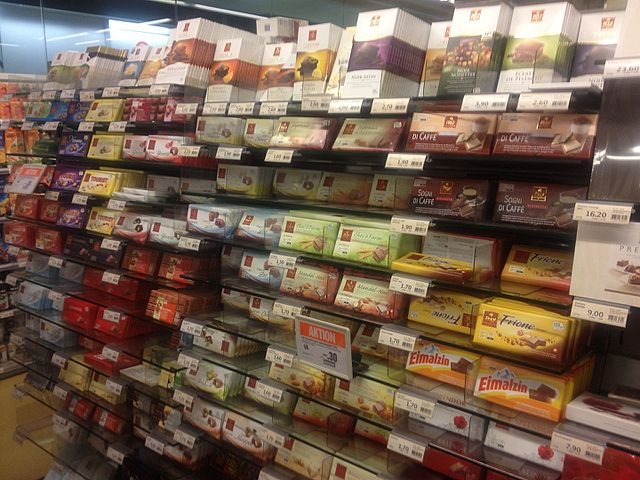Negotiations on a free trade agreement (FTA) between the European Free Trade Association (EFTA) and Indonesia were concluded in substance on November 1, 2018 with Switzerland acting as lead negotiator, announced the Swiss Federal Department of Economic Affairs, Education and Research.
In a release the federal department said this “followed an intensive last round of negotiations and meetings as well as telephone calls between Federal Councillor Johann N. Schneider-Ammann and the president of Indonesia, Joko Widodo, and trade minister Enggartiasto Lukita.”
Schneider-Ammann announced on November 1 on Swiss public radio SRF that the agreement was reached after 17 rounds of negotiations, adding that Switzerland negotiated the deal on behalf of the EFTA member countries that included Iceland, Norway, Switzerland, and Liechtenstein.
The agreement means that 98% of Swiss goods will be exempt from customs duties in the medium term, the department said.
“All sectors of the economy are therefore set to benefit—from the food industry (cheese, chocolate and coffee) to engineering and watchmaking, chemicals, pharmaceuticals and services, e.g. the financial sector and market access for maintenance staff.”
Within the next few weeks, the last remaining technical details will be clarified and the texts finalized from a legal perspective, it added.
“A joint declaration on the conclusion of negotiations is due to be made at the EFTA Ministerial Conference in Geneva on 23 November, and the agreement is expected to be signed before the end of the year,” the statement further declared.
On Indonesia’s palm oil exports, which were the subject of recent discussions and debate, the partners agreed on subquotas for palm oil and its derivatives with customs rebates of 20% to 40%, so as not to harm Swiss domestic oilseed production.
Furthermore, Swiss concerns on safeguarding sustainability were fully taken into account, said the agency.
First, the agreement contains provisions pertaining to trade and sustainable development, which are also directly relevant to palm oil production. These include a requirement to comply with and implement multilateral environmental treaties and to respect the basic rights of workers. Furthermore, the agreement contains provisions on promoting the sustainable management of forest resources, in particular by combating illegal logging.
Second, EFTA has succeeded in securing an agreement on a provision specifically on palm oil. That provision contains further reaching obligations to ensure sustainable production and trade in palm oil and other vegetable oils.
“The free trade agreement is of great economic importance for Switzerland: Indonesia is the world’s fourth largest country in terms of population with 260 million inhabitants, and is therefore a major potential market,” said the Swiss agency.
Another Southeast Asian nation, the Philippines, has also earlier signed an FTA with EFTA. The PH-EFTA pact was signed in 2016, ratified by the Philippine government in December last year, and concurred by the Senate in March 2018.
Photo: CRo









